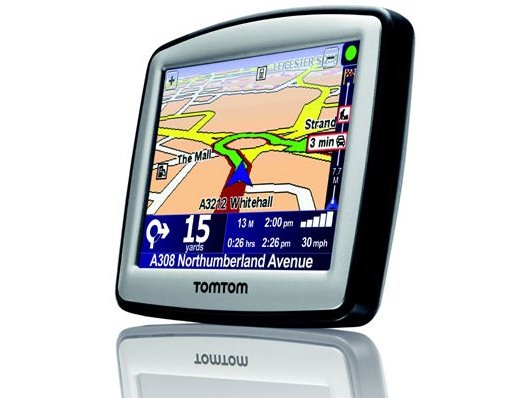Scientists succeed in spoofing GPS signals
'I'm not in the pub, dear, I'm at the library'

Here's a story to send a shiver down the spine of anyone who relies on their GPS sat nav or mobile. Scientists at Cornell University have managed to trick a GPS receiver into accepting signals from rogue transmitters instead of the genuine orbiting satellites.
It took a year of electronic tinkering, but boffins today demonstrated how a phony receiver could be placed near a navigation device, where it would track, modify, and retransmit the signals from the GPS satellite constellation. Gradually, the victim navigation device would accept the counterfeit navigation signals.
Burn your sat nav immediately
"GPS is woven into our technology infrastructure, just like the power grid or the water system," said Professor Kintner, director of the Cornell GPS Laboratory. "If it were attacked, there would be a serious impact." Mums lost on the way to Iceland, salesmen slightly late for meetings, geeks disorientated in PC World, that kind of thing.
The US government has been worried about GPS spoofing since at least 2003, when it published seven possible counter-measures against such attacks. "We're fairly certain we could spoof all of these, and that's the value of our work," said one of the Cornell researchers.
If my pizza delivery guy is late again, I'm blaming these guys. But I still want my free garlic bread.
Get daily insight, inspiration and deals in your inbox
Sign up for breaking news, reviews, opinion, top tech deals, and more.
Mark Harris is Senior Research Director at Gartner.